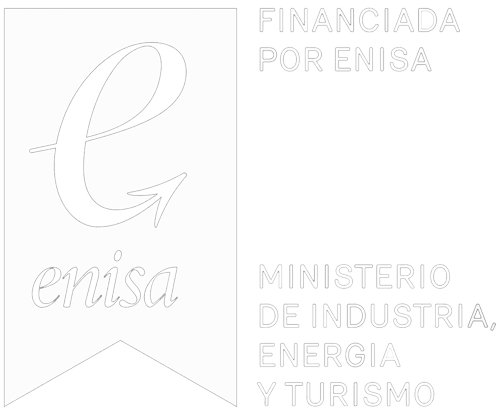Chatbots and the Potential of Social Selling
Technology has completely changed how brands and users communicate.
Chatbots have become quite the sensation and will become more sophisticated with human-like personalities. This tool can serve as a guide for current and future customers during the travel booking process and with time will be programmed to have more complex conversations, replicating the way humans naturally speak. Since Facebook’s introduction of chatbots, the social media platform has continued its development of artificial intelligence technology that allows for easier, quicker, and a more natural form of communication.
One of the challenges that this tool currently presents is its inability to provide fluid communication with more complex conversations. As a solution, Google proposed RankBrain, a machine-learning artificial intelligence system. The system is embedded in Google’s search algorithm to help process its search results so that the most relevant information is provided to users.
According to Ilaria Piga Serra, Marketing Director of DMI Internacional: “Chatbots will complement websites and apps, allowing guests to organize their travel experience, book their stay directly, or receive personalized attention based on their individual needs.” The potential of this technology can be such that it may soon be able to harness cognitive capabilities such as those on mobile devices to improve audience segmentation and discover new patterns in real time. In this way, brands are able to implement new actions and make necessary improvements.
Today, chatbots open up a realm of new and exciting possibilities. But how can they benefit your hotel? Here are 5 ways.
-
Dynamic and interactive sales channel. During sensitive demands, chatbots allow hotels to strengthen their sales process and perform sales transactions upon request. These micro-moments are most conducive to driving conversions of which hotels can take advantage of by making personalized offers.
-
Stay connected with travelers during their stay. The information collected by hotels during booking and user navigation can be used in chatbots. If the traveler has shown interest in certain products, comes from a particular country or has a pet, that information can be incorporated to the conversation with the messaging bot. Both technology and knowledge are necessary for taking care of customers and prospects.
-
Availability 24/7 for sales and for any type of service. The distribution within globalized markets allows us to be flexible and provide a 360º service. A fantastic way to check whether this tool is successful or not is by implementing the chatbot when customer representatives are not available and by analyzing conversion rates.
-
Simplify all interactions the traveler has with your hotel. Making the guest experience as seamless as possible is one of the main missions of chatbots. Taking advantage of the momentum of selling and simplifying certain processes, as well as facilitating user navigation, will be key to generating a positive web experience for the user and will help your hotel convert more leads into customers.
-
Merge automated and direct customer service. Ideally, the best of both worlds should be combined to offer the best customer service. There will be situations that bots aren´t trained for and will require human operators to take over. But despite this, chatbots are essential to solving routine doubts or problems that would otherwise take up valuable time from customer service reps.
Although there are many doubts that come up when implementing this type of technology, chatbots have made great progress in recent years and will only continue to open up a wide range of possibilities for the tourism sector. However, the debate still exists whether artificial intelligence will replace human interaction. Will the human touch be lost to the reduction of price and labor costs? Will chatbots achieve to replicate the natural human language so craved by technology companies? Will this technology require a specialized platform? Or, will there be a “generic” platform that will adapt the customer´s needs? Technology advancements opens the door to an array of interesting possibilities, but ultimately, the customer will always have the last word.

















